Which Large-Scale Canning Production Line Manufacturer Is Better?

1. Introduction
In recent years, the global food industry has witnessed a significant transformation toward automation and efficiency. As consumers’ demand for safe, high-quality, and long-shelf-life foods continues to rise, large-scale canning production lines have become essential for industrial food manufacturers.
Choosing the right canning production line manufacturer is a crucial business decision—it determines not only the efficiency and stability of production but also impacts food safety compliance, product quality, and long-term profitability.
This article provides a detailed comparison of top large-scale canning line suppliers, key evaluation factors, and cost considerations, helping manufacturers identify the most reliable partner for sustainable growth.
2. What Is a Large-Scale Canning Production Line?
A large-scale canning production line is an integrated system designed to process, fill, seal, sterilize, cool, and package canned foods continuously and automatically. It can handle a daily output of 10,000 to over 50,000 cans, depending on the configuration and production needs.
Key Features:
High-capacity and continuous operation
Fully automated control via PLC systems
Stainless-steel construction for hygiene and durability
Modular design for product flexibility
Integration with labeling, weighing, and packaging units
Applications:
Meat and luncheon meat cans
Seafood and fish cans (tuna, mackerel, sardine)
Vegetable and fruit cans
Pet food cans and ready-to-eat meals
Large-scale production lines are widely used in factories supplying export markets, supermarket chains, and OEM private-label food brands.
3. How to Evaluate a Good Canning Line Manufacturer
Choosing a reliable manufacturer involves more than just comparing prices. The following aspects are crucial for evaluating a canning line supplier:
1. Manufacturing Experience and Case Studies
A trustworthy supplier should have 10+ years of experience in designing and exporting canning equipment. Companies with a proven track record in international projects (Asia, Africa, Europe, or the Middle East) are more likely to provide reliable quality and efficient communication.
2. Technology and Automation Level
Look for manufacturers that integrate:
PLC control systems (Siemens, Mitsubishi)
Servo-driven mechanisms for precision
Vision inspection and weight checking systems
IoT connectivity for remote monitoring
These features improve accuracy, consistency, and reduce maintenance downtime.
3. Customization Capabilities
Each factory has unique processing needs. A top manufacturer should provide customized layout design, variable can sizes, and adaptable filling/sterilization modules to fit the customer’s product range.
4. After-Sales Service and Global Support
Reliable suppliers offer:
On-site installation and commissioning
Operator training and maintenance manuals
Remote technical support via video or IoT platform
Quick spare parts delivery
5. Cost Efficiency and ROI
While automation requires higher upfront investment, a well-designed line pays back through reduced labor costs, improved yield, and fewer product losses—resulting in a higher return on investment (ROI) over 3–5 years.
4. Leading Large-Scale Canning Production Line Manufacturers in China
China has become one of the world’s major bases for industrial food machinery. Here are some of the top-performing canning production line manufacturers recognized for their technology, quality, and service:
1. ABC Food Machinery Co., Ltd.
Specialization: Meat and vegetable canning lines
Highlights: Full automation, HACCP & ISO22000 compliance
Advantages: Turnkey solutions from raw material handling to final packaging
2. DEF Industrial Equipment
Specialization: Modular and high-speed canning systems
Highlights: PLC-based smart control, customizable sterilization systems
Markets: Exported to Southeast Asia, Africa, and the Middle East
3. GHI FoodTech Group
Specialization: Multi-product canning systems (fruit, fish, pet food)
Advantages: R&D-driven, supports OEM/ODM services
Certifications: CE, SGS, ISO9001
💡 Pro Tip: When comparing suppliers, request their client references, case photos, and equipment operation videos. This provides a better understanding of real performance and engineering quality.
5. Price Range of Large-Scale Canning Production Lines
The cost of a full canning production line varies widely based on production capacity, automation level, and product type. Below is an estimated price overview:
| Production Line Type | Typical Output | Automation Level | Approximate Price (USD) |
|---|---|---|---|
| Small-scale Line | 2,000–5,000 cans/day | Semi-automatic | $30,000–$60,000 |
| Medium-scale Line | 10,000–20,000 cans/day | Fully automatic | $80,000–$150,000 |
| Large-scale Line | 50,000+ cans/day | Intelligent automation | $200,000–$500,000+ |
Factors affecting the final price:
Number of processing modules (washing, filling, sealing, sterilizing)
Can material (tinplate, aluminum, glass)
Level of automation and control system brand
Customization and export logistics costs
6. How to Choose the Right Automation Level
Selecting the right automation level depends on your production goals, factory size, and budget.
Full-Automatic Line
Suitable for large factories and export-focused enterprises
Advantages: Minimal labor, stable quality, high output
Disadvantages: Higher initial investment
Semi-Automatic Line
Ideal for medium-sized food factories
Combines manual and automatic modules
Easier maintenance and flexible for multiple products
Modular or Upgradable Line
Recommended for growing manufacturers
Allows gradual automation upgrades based on market expansion
Decision Factors:
Daily output target
Available factory space
Labor cost in your region
Product variety and production flexibility
7. Common Pitfalls When Choosing a Supplier
Even experienced buyers sometimes make costly mistakes when sourcing canning lines. Avoid these pitfalls:
Low-Price Trap:
Choosing the cheapest offer may lead to poor materials or unstable performance.Technical Mismatch:
A line not suitable for your product type can cause low efficiency.Lack of After-Sales Support:
Ensure the manufacturer provides global support and spare parts service.Ignoring Food Safety Compliance:
Equipment should comply with HACCP, ISO, or CE standards for international trade.
8. ROI Analysis of Investing in a Large-Scale Canning Line
A fully automated canning system can dramatically improve profitability:
Labor cost reduction: 60–80% savings
Production efficiency: Continuous, 24/7 operation
Quality consistency: Precise filling and sealing reduce product loss
Brand competitiveness: Improved hygiene and stability enhance trust with distributors and retailers
ROI Example:
A $300,000 production line operating 16 hours per day can recover its cost in 2–3 years through savings in labor and reduced waste.
9. Conclusion
Selecting the right large-scale canning production line manufacturer is not just about finding the lowest price—it’s about securing long-term production efficiency, safety, and reliability.
Choose a partner with strong technical expertise, international experience, and complete after-sales support. Investing in a high-quality production line will help your brand maintain consistent quality, meet global food standards, and maximize ROI over time.
10. Frequently Asked Questions (FAQ)
Q1: What is the starting investment for a large-scale canning production line?
A1: Typically from $200,000 to $500,000+, depending on product type, capacity, and automation level.
Q2: What is the main difference between semi-automatic and fully automatic lines?
A2: Fully automatic systems reduce manual intervention, improve consistency, and support higher daily output.
Q3: Can these lines process different can sizes or products?
A3: Yes. Most modern canning systems offer adjustable molds and modular components to switch between different can formats.
Q4: Do Chinese manufacturers provide overseas installation services?
A4: Leading suppliers provide on-site installation, remote commissioning, and training for operators worldwide.
Q5: What standards should a good production line meet?
A5: CE certification, ISO9001, and HACCP/ISO22000 food safety compliance are essential for export operations.
Must-Read Blogs For Chain Restaurants Owner

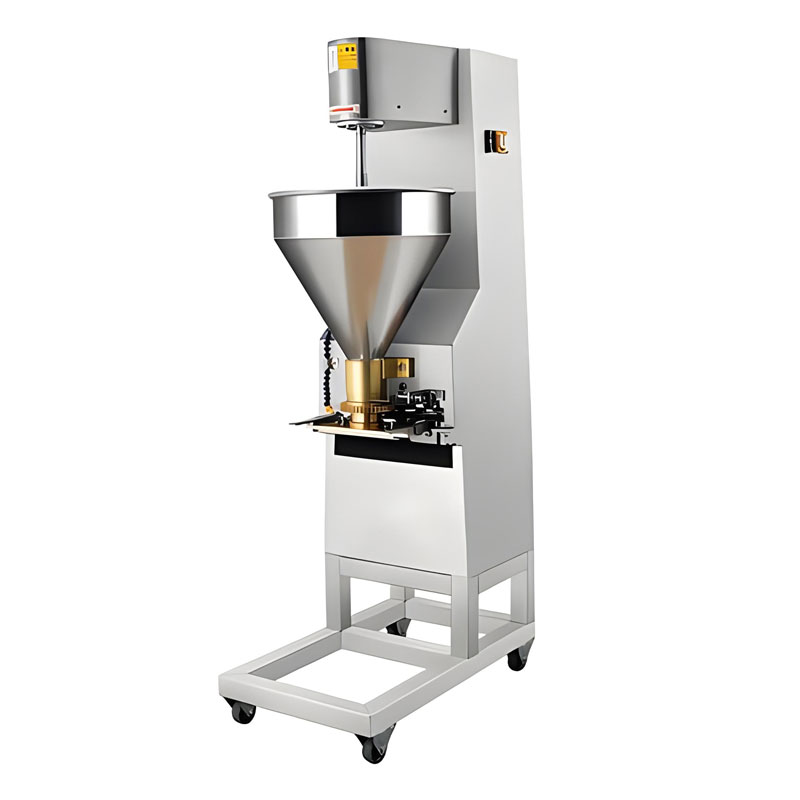
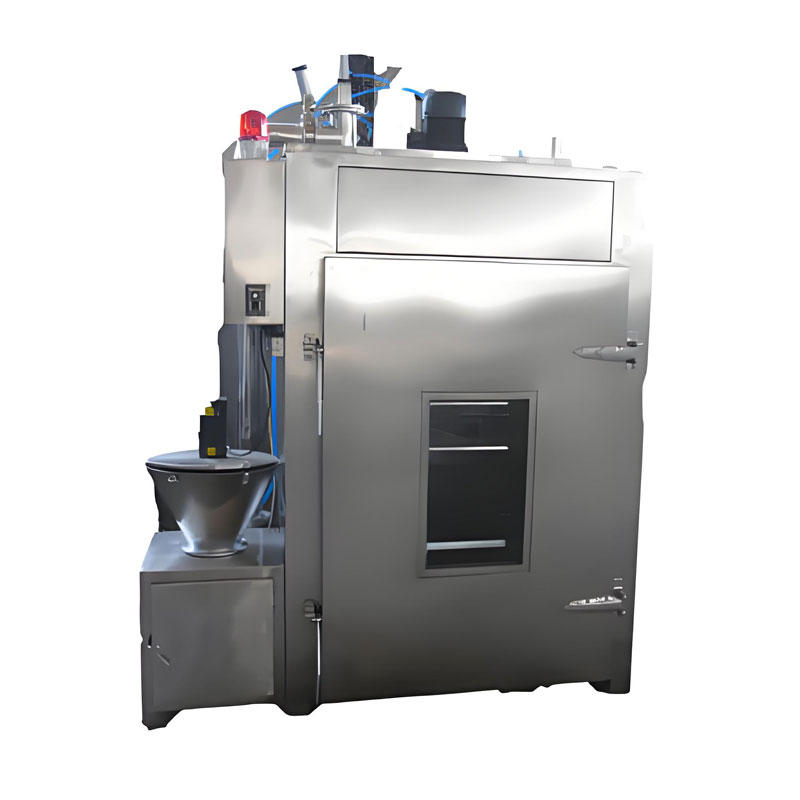
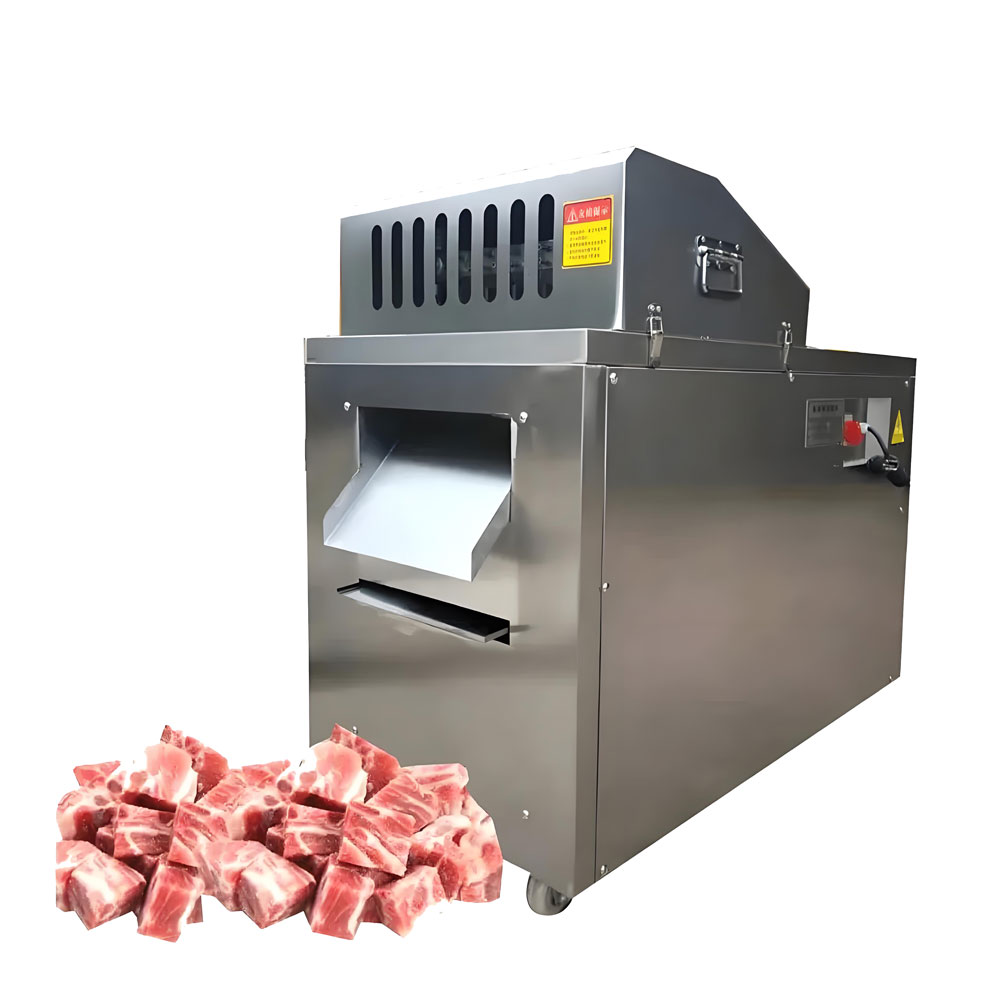
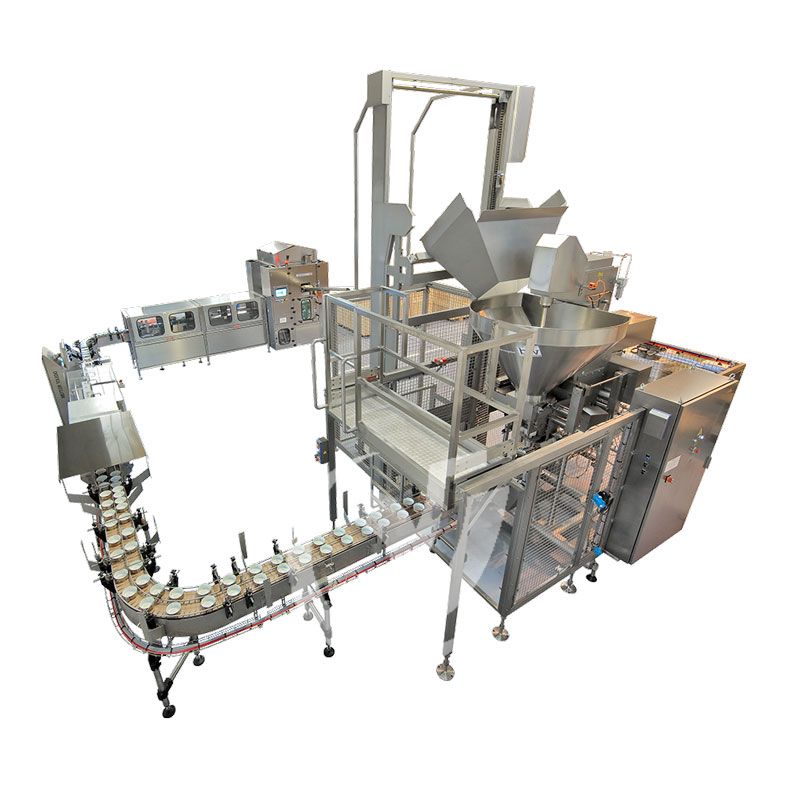

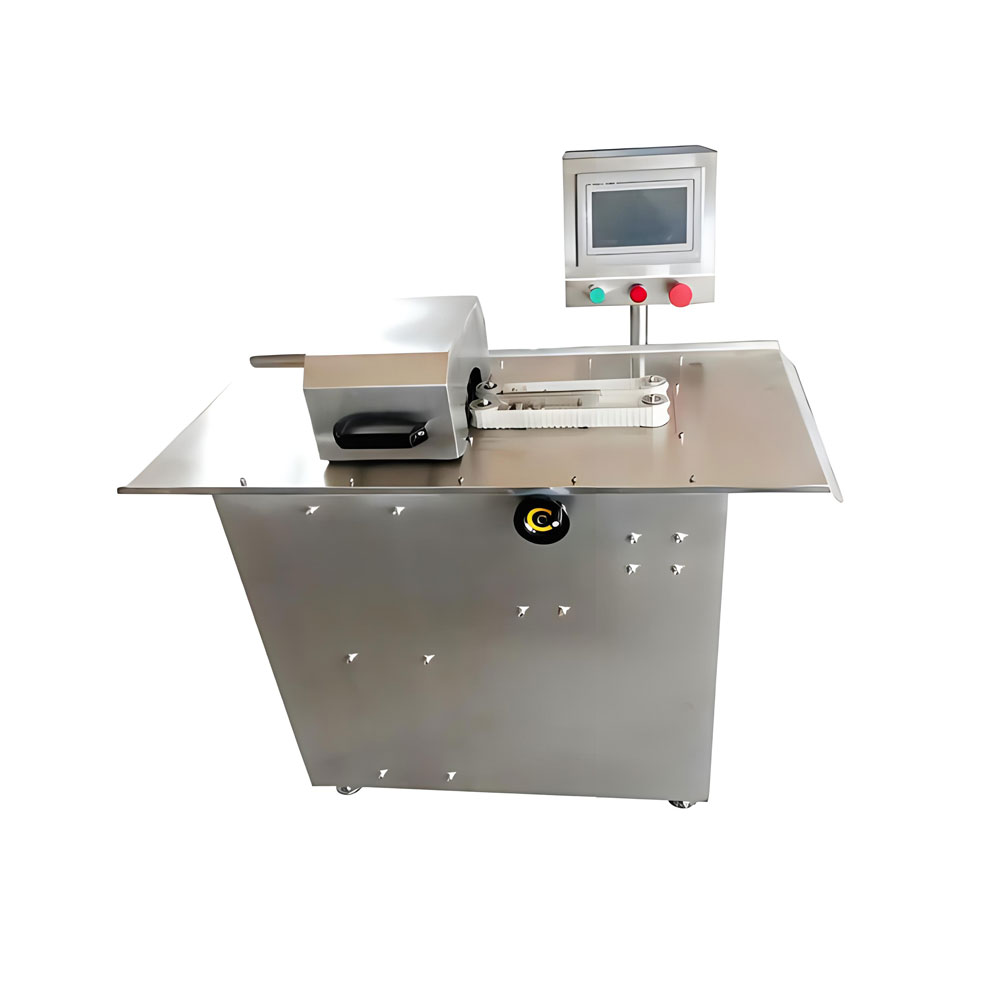
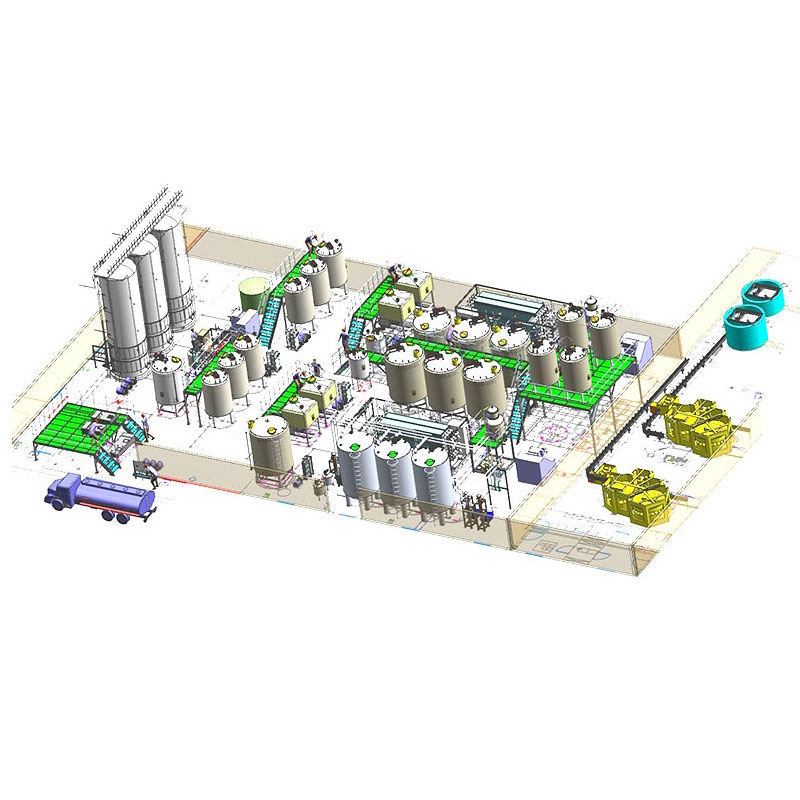
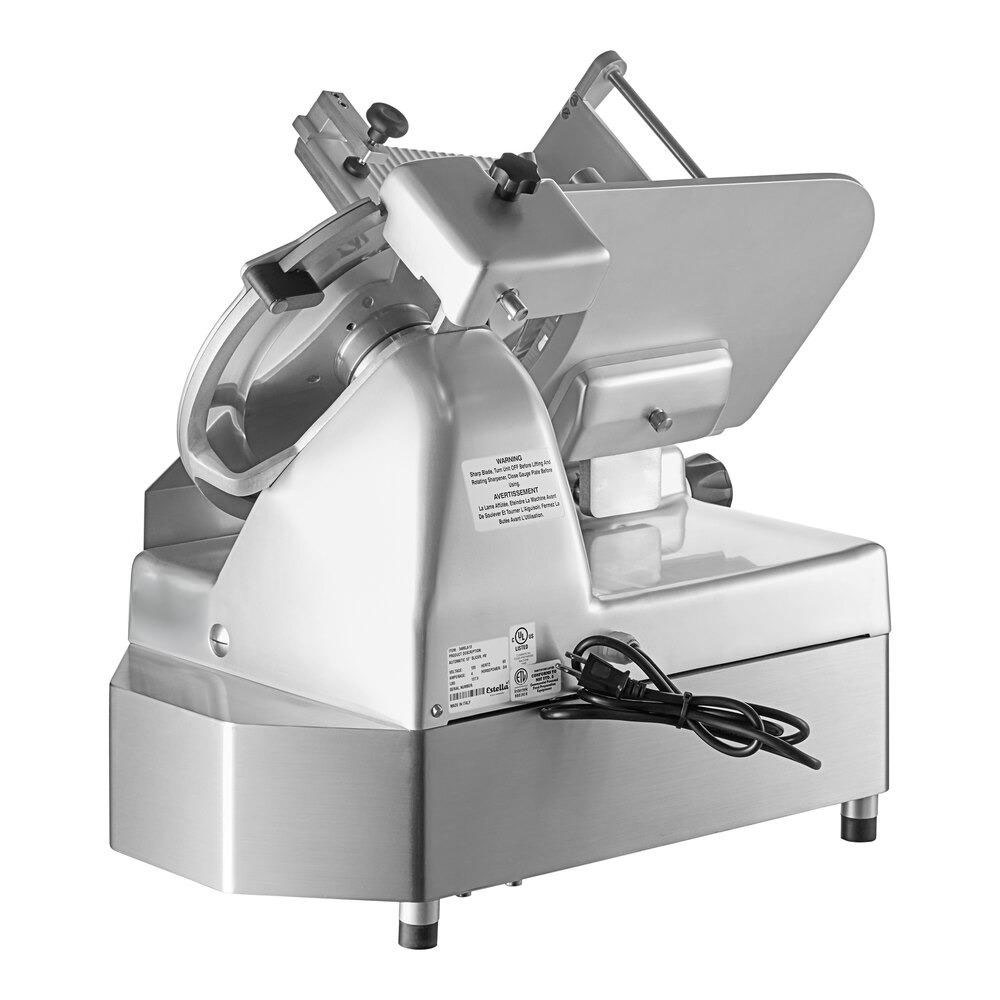
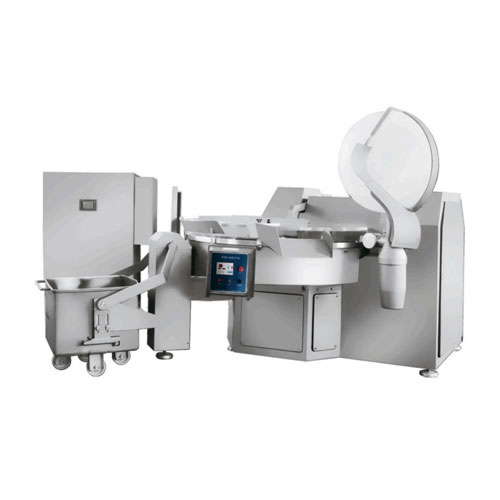
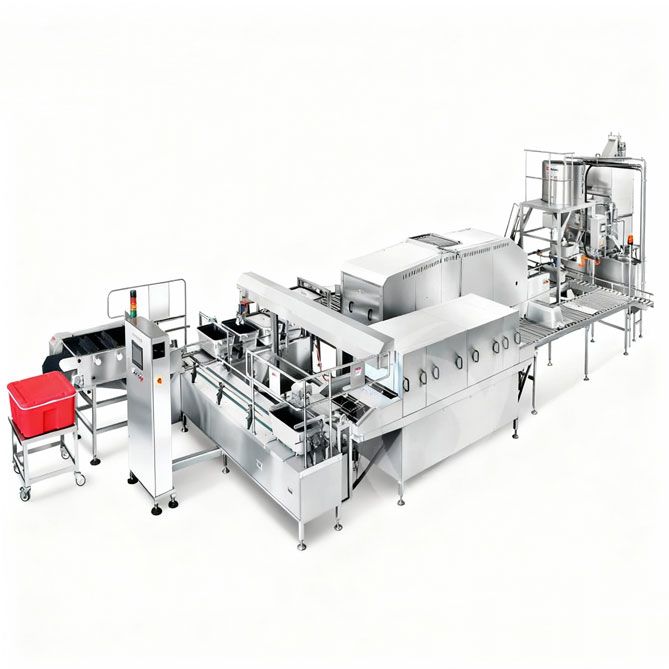
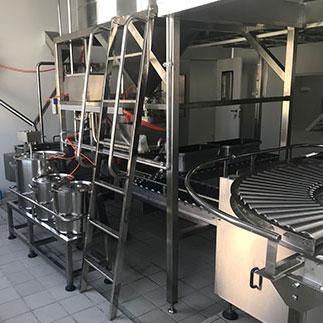 Cold Chain Rice Production Line
Cold Chain Rice Production Line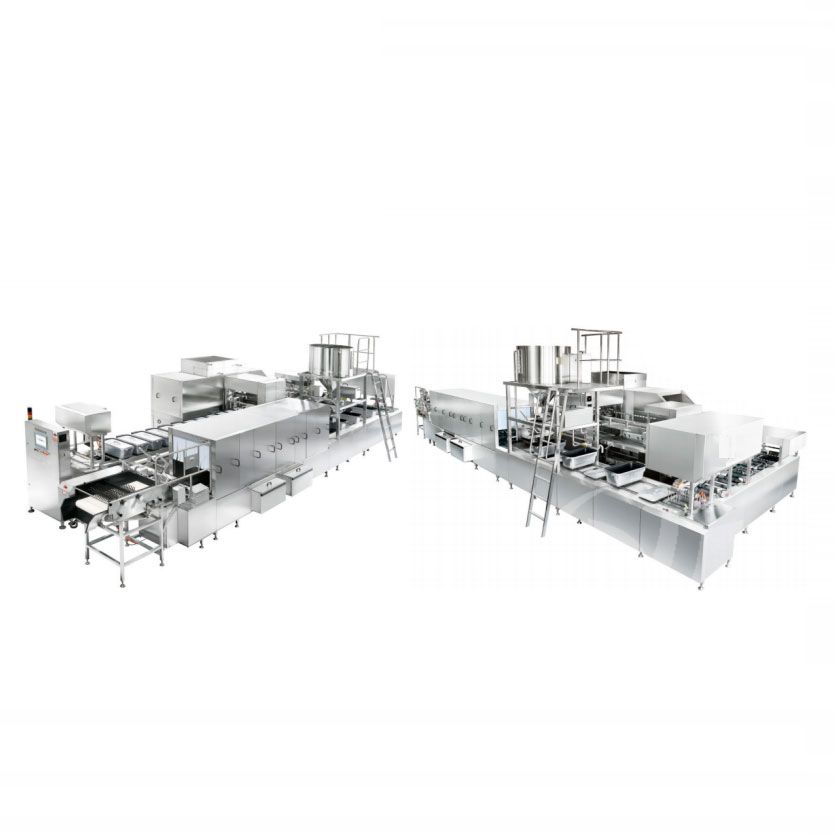 Unmanned Intelligent Rice Production Line
Unmanned Intelligent Rice Production Line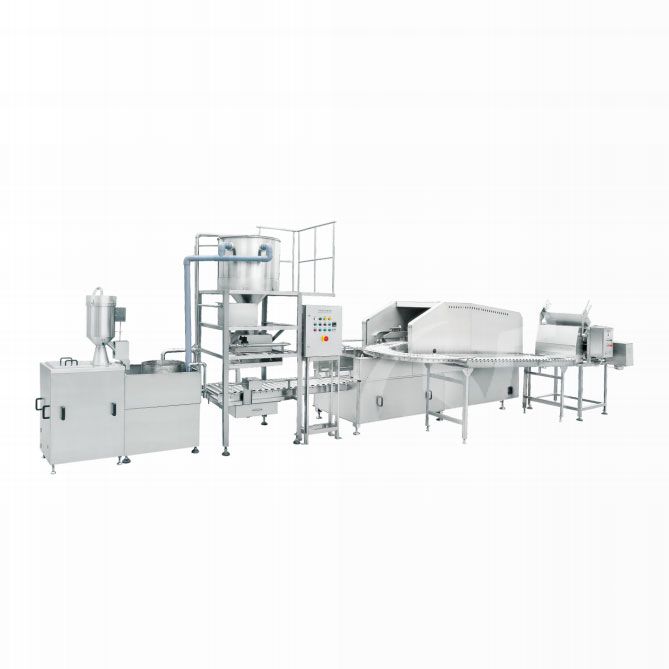 Automatic Rice Production Line
Automatic Rice Production Line
Ready to Get Started?